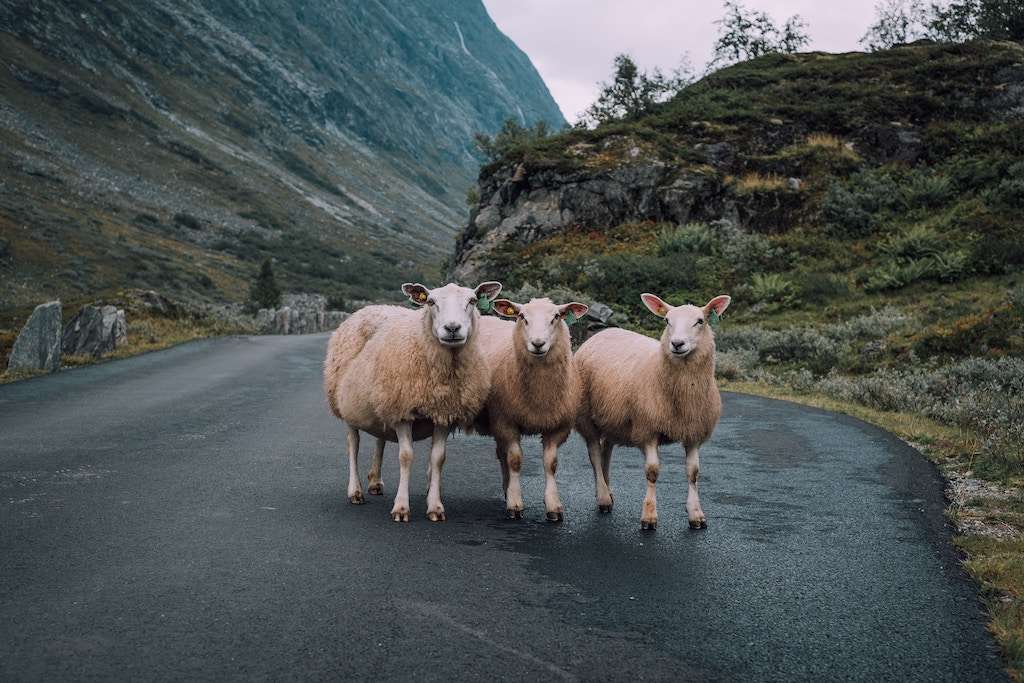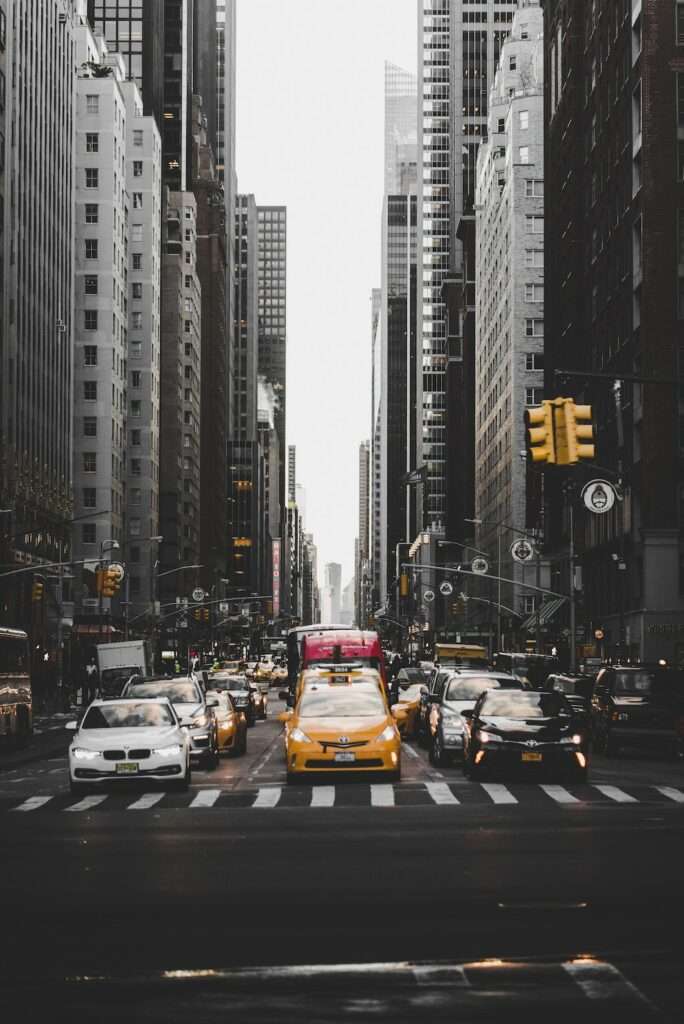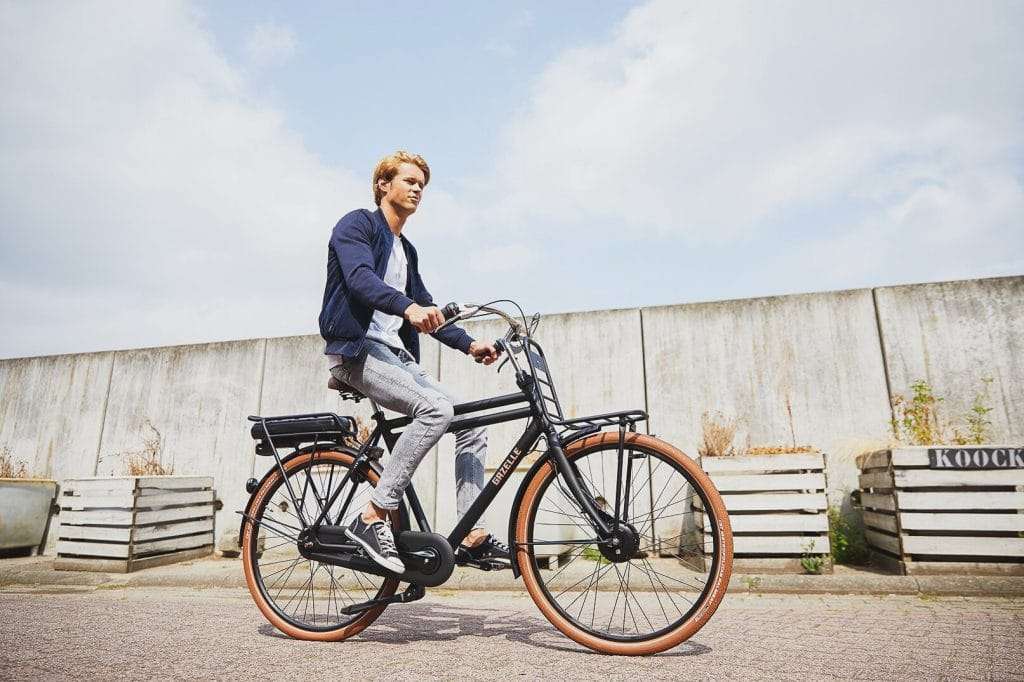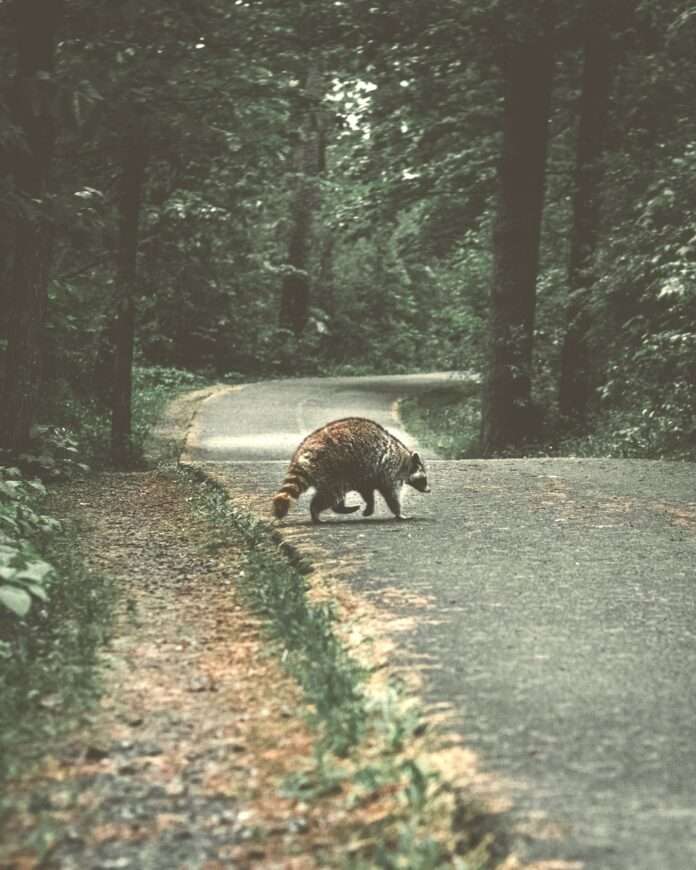If you’re thinking of driving less to reduce emissions or even to boost your own health, there’s another reason to leave the car in the garage. According to new research, it could help support critical species survive.
Roads have given humanity so much. It sounds like an exaggerated statement; after all, roads are just some concrete and tarmac. But roads have had a major impact on our world. They’ve allowed humans to access so much of the globe, and as a result, supported the growth of communities all over. But this access comes with a major downside.
More roads mean more traffic and that has major consequences for the environment, animals, and our own health. Is it time to start driving less?
The impact of traffic on the natural world
Earlier this month, a study published in the journal Science looked at the impact of the covid pandemic on wildlife. Or, more specifically, it looked at the impact of the “anthropause” — the dramatic slowing of modern human activity all over the world, which occurred as a result of lockdowns and stay-at-home orders in 2020 and 2021.
The study, which was based on data collection from 2,300 animals from 43 species, concluded that during this time, animals started to move around more. To put it simply, they just didn’t have to worry about where humans were at all times, and, in particular, they didn’t have to pay attention to dangerous traffic.

Traffic on the road is a major threat to animals — in Europe, around 29 million mammals and 194 million birds become roadkill every year. And in the U.S., more than 350 million vertebrate animals suffer the same fate. Last year, separate research concluded that for some animals — like hazel grouse and the maned wolf, for example — these numbers could actually be an extinction risk.
Wild animals understand the danger of road travel, and so, usually, many stay away. But when the cars suddenly disappeared, they adapted. They started to freely wander around and expand their habitats, without worrying about meeting their immediate demise under the wheels of a car. “Animals were able to go about their business without having to worry about where the humans were,” the study’s author Marlee Tucker told The New York Times.
Of course, animals aren’t the only victims of traffic. According to Our World in Data, travel on the road accounts for around 75 percent of all transport emissions. But while the level of pollution produced by cars, trucks, motorbikes, and more, is undeniably contributing to the climate crisis, it’s also creating another global health crisis, too. Air pollution, it turns out, is a major cancer risk.
The impact of traffic on human beings
Nowadays, it’s generally understood that heavy smoking is harmful to our lungs. But while you can choose to be a non-smoker, it’s harder for most people to get away from traffic, particularly those in built-up cities and towns.
And the air pollution risk this contributes to is the second-biggest cause of all lung and respiratory cancers. Plus, it can worsen or contribute to other diseases and conditions, including asthma, chronic obstructive pulmonary disease, and lower respiratory infections.

This is why experts are calling for a drop in air pollution, and to do that, reducing traffic is vital. Another study, this time from 2022 and conducted by Imperial College London, found that in low-traffic neighborhoods in the city, levels of air pollutant nitrogen dioxide fall by nearly 6 percent.
“In the three areas we looked at, [low traffic neighborhoods] reduced both traffic volumes and, significantly, air pollution both inside and on the edges of the zone,” said one of the study’s authors, Dr. Audrey de Nazelle. “Alongside the other benefits of LTNs that have been shown in previous research – such as improvements in safety and an increase in walking and cycling – this makes a very strong argument in their favor.”
Just like most global issues, air pollution problems usually impact certain communities more than others. In 2021, research suggested that in America, for example, Black citizens were exposed to more pollution from every single type of source, including traffic.
Should we all drive less?
As individuals, it’s difficult to make fewer journeys by car, particularly if public transport options are not safe or accessible. But that’s why experts are calling for governmental action.

“There is an urgent worldwide need for multiple, multi-level public health and policy interventions to improve outdoor air for lung cancer prevention and to reduce disparities in the disease,” said Dr. Michelle Turner of the Barcelona Institute for Global Health to the Guardian.
And for the animals, too, a drop in traffic would make a significant difference. Because it is also them, alongside the environment, that have had to pay an unjustly high price for the millions of highways, avenues, and boulevards that pave the earth’s surface, from top to bottom.
Related on Ethos:


